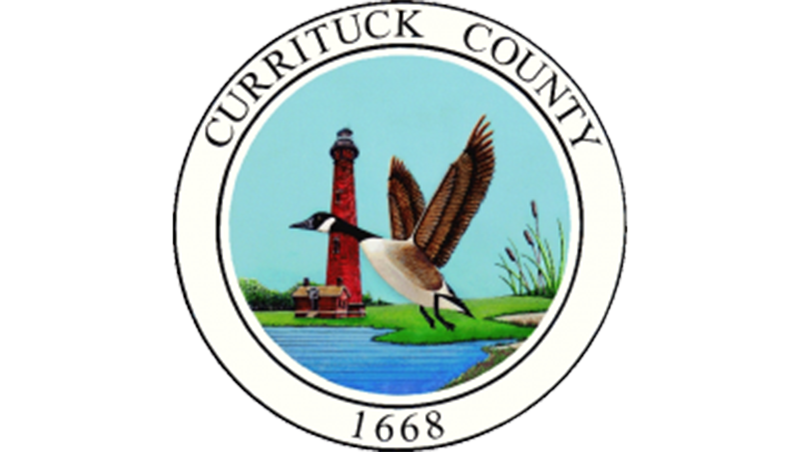Takeaways from NC Senior Tar Heel Legislature general session
Published 6:14 pm Sunday, July 24, 2022
|
Getting your Trinity Audio player ready...
|
The second general session of 2022 for the NC Senior Tar Heel Legislature (NCSTHL) was held in Clemmons in June. It marked the first time this body of age 60+ delegates and alternates from North Carolina’s 100 counties convened in person since October 2019. In the past three years, members adapted to the need to transport the conduct of business into the digital domain, but the pleasure of meeting face-to-face once again was evident over two days of meetings.
In the NCSTHL cycle of business, this is the time of year when the body is preparing to develop its priorities on behalf of NC’s older adults to submit to the NC General Assembly (NCGA) for legislative consideration in 2023. The NCSTHL has explored intriguing issues such as remedies to the digital divide and ensuring age-friendly communities. However, presentations from key staff of NC Division of Health and Human Services (DHHS) and the Division of Aging and Adult Services (DAAS) highlighted additional issues relevant to the challenges faced by NC’s aging population.
Takeaway #1. Dave Richard, Deputy Secretary for NC Medicaid, explained the many ways Medicaid expansion stands to benefit older adults across the state. Passed in the state Senate during the current short session, the House appears to prefer to defer the issue until the long session convenes. As NC legislators weigh the pros and cons, more than 400 studies from among the 38 states that have implemented it document improvements in access to care; health outcomes; mortality rates; employment; and food, housing and financial security. It would close the gap in insurance coverage for an estimated 34,000 North Carolinians age 55-65 who are too young for Medicare and it would stand to bring an estimated $8.6 billion into the NC economy. Medicaid expansion is an issue that the NCSTHL will continue to study as a candidate for legislative prioritization in 2023 – unless it passes the House during the current short session.
Takeaway #2. Jessalyn Bridges, the No Wrong Door State Coordinator for DAAS, explained how North Carolina is the recipient of $37 million in one-time funding for the next 2.5 years from the American Rescue Plan Act (ARPA), earmarked for older adult support services. Administered by the NC Division of Aging and Adult Services (DAAS) and the state’s 16 area agencies on aging, this influx enabled the creation of new service categories that address gaps in social determinants of health – the conditions in the environments where people are born, live, learn, work, play, worship and age – that affect a wide range of health, functioning and quality-of-life outcomes and risks. Key services that are newly implemented include chore services; shopping and errand assistance; digital equipment purchase and training to prevent social isolation and enable telehealth access; assisted transportation; and transportation vouchers. At issue is the question of sustainability of these proven programs that greatly improve outcomes for older adults, reducing hospitalizations and medical costs.
Takeaway #3. Kathryn Lanier, elder rights section chief of DAAS, described several important programs administered by her unit, but for those who have a loved one in a long-term care (LTC) setting, knowing the local state regional LTC ombudsman could make a huge difference in their experience with the facility. “Ombudsman” is a Swedish word meaning “citizen advocate,” and in the LTC setting, they are state-trained individuals whose function is to uphold the rights of residents in long-term care facilities. Their role was heightened by the facility visitation restrictions imposed during the COVID-19 pandemic. NC has more than 90,000 LTC beds, with industry standards recommending one ombudsman for every 2,000 beds, resulting in the need for 45 full-time positions operating across the state. Currently approved for 36 positions, DAAS seeks approval for nine additional fill-time ombudsmen to meet best practice staffing levels. Between now and October, the delegates and alternates of the NCSTHL will submit proposals for possible legislation and six “issues committees” will compile and develop the proposals, which could include these three topics. The business of the October general session will include voting to approve the top three to five proposals, which is no easy feat in light of the myriad action-worthy challenges faced by the aging population. The NCSTHL is committed to distilling the most pressing issues into legislative recommendations that will provide the broadest benefit so that North Carolina will continue to be not only a great state in which to grow up, but also a great state in which to grow old.
The North Carolina Senior Tar Heel Legislature was created as a nonpartisan, unicameral body by the North Carolina General Assembly with the passage of Senate Bill 479 in July 1993. Its purpose is to identify the most pressing issues facing older adults across the state and propose new legislation that will improve their quality of life to the NC General Assembly. The NCSTHL is comprised of delegates and alternates representing each of North Carolina’s 100 counties, supported by the area agencies on aging serving the state’s 16 service areas.
For more information about NCSTHL, visit ncseniortarheellegislature.org.
To contact your local NCSTHL member, send an email request to media contact Allison Brown at katbrown1029@gmail.com, stating the originating county, or visit the North Carolina Association of Area Agencies on Aging (NC4A) to locate the correct region and county, at nc4a.org/membership and request NCSTHL member contact information from the local Area Agency on Aging.
Submitted by Allison T. Brown, NC Senior Tar Heel Legislature delegate and chair of the STHL Public Relations Standing Committee.





